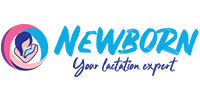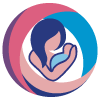Mastitis
Mastitis is when your breast becomes swollen, hot and painful.
It’s most common in breastfeeding women, but women who are not breastfeeding and men can also get it.
Check if you have mastitis
Mastitis usually only affects 1 breast, and symptoms often come on quickly. They include:
Things you can do
Do
Don’t
Things you can do
Do
Don’t
Causes of mastitis
Mastitis is common in breastfeeding women as it can be caused by a build-up of milk.
Women who are not breastfeeding can also get mastitis, as can men. This can happen due to:


